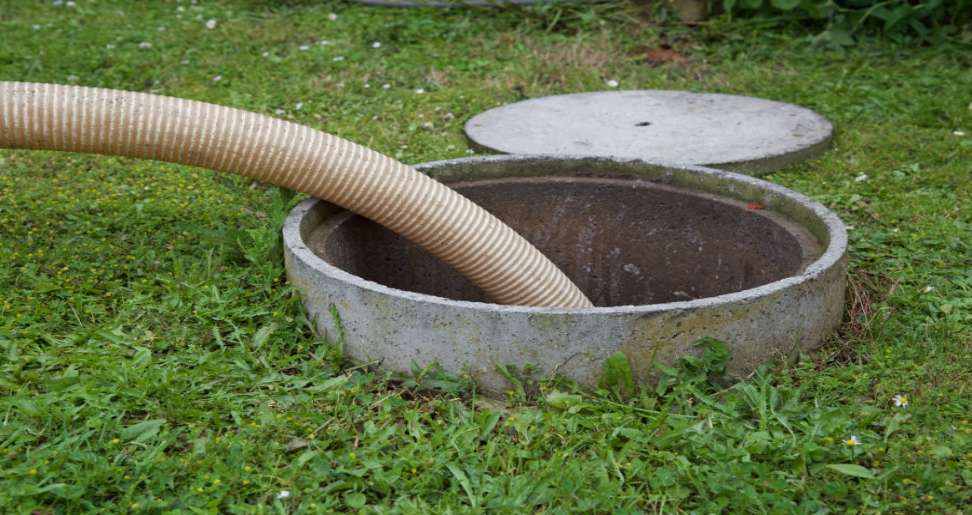Maintaining a functional and efficient home involves paying close attention to various aspects of the property’s infrastructure. Two critical components that often require regular maintenance are the septic system and the plumbing system. Septic pumping and home plumbing services are essential for ensuring the smooth operation of these systems, preventing costly repairs, and safeguarding the health and comfort of the household. This article will explore the importance of septic pumping and home plumbing services, their benefits, and tips for homeowners to manage these systems effectively.
Understanding Septic Systems
Septic systems are one of the integral part of many homes, particularly in rural areas where all the municipal sewer systems that are unavailable. These systems treat and dispose of household wastewater through a combination of natural processes and technological components. A typical septic system consists of a septic tank, where solids settle and are partially broken down by bacteria, and a drain field, where liquid effluent is further treated and dispersed into the soil.
Importance of Regular Septic Pumping
Septic pumping is a simple process of removing the accumulated sledges and scum from the septic tank. Over time, the solid waste in the tank builds up and reduces its capacity, potentially leading to system failure. Regular septic pumping is essential for preventing such issues and ensuring the system functions optimally.
- Prevents Blockages and Backups: Accumulated waste can clog pipes and cause sewage backups into the home, leading to unpleasant odors, health hazards, and expensive repairs.
- Extends System Lifespan: Regular pumping helps maintain the septic system’s components, reducing wear and tear and extending the system’s overall lifespan.
- Protects the Environment: Proper septic maintenance prevents untreated wastewater from contaminating the soil and groundwater, protecting the local environment and public health.
How Often Should Septic Pumping Occur?
The frequency of regular septic pumping than depending on the several factors, that including the size of the septic tank, the number of household occupants, and water usage habits. Generally, it is recommended to pump the septic tank every three to five years. However, consulting a professional septic service provider can help determine the optimal pumping schedule for your specific system.
The Role of Home Plumbing
Home plumbing encompasses the entire network of pipes, fixtures, and appliances that provide water and remove wastewater from a residence. This system is crucial for daily activities such as cooking, cleaning, bathing, and laundry. Proper maintenance of the plumbing system is vital to avoid disruptions and costly repairs.
Common Plumbing Issues and Solutions
- Leaky Faucets and Pipes: Leaks are not only annoying but can also lead to significant water wastage and damage to the home’s structure. Regular inspections and timely repairs can prevent these issues.
- Clogged Drains: Accumulated debris, grease, and foreign objects can cause drains to clog, leading to slow drainage or complete blockages. Using drain guards and avoiding the disposal of grease and large food particles down the drain can help prevent clogs.
- Low Water Pressure: Low water pressure can be caused by various factors, including mineral buildup in pipes, leakages or other problems with the municipal water supply. Identifying and addressing the root cause is essential for restoring adequate water pressure.
- Running Toilets: Any running toilets can waste a significant amount of water and increase utility bills. Often, this issue can be resolved by replacing faulty components such as the flapper valve or fill valve.
Benefits of Professional Plumbing Services
While some minor plumbing issues can be addressed by homeowners, many problems require the expertise of professional plumbers. Here are some benefits of hiring a professional:
- Expert Diagnosis and Repair: Professional plumbers have the knowledge and tools to accurately diagnose and fix plumbing issues, ensuring long-term solutions.
- Preventive Maintenance: Regular plumbing inspections and maintenance by professionals can identify potential problems before they escalate, saving homeowners from costly repairs.
- Compliance with Regulations: Professional plumbers ensure that all repairs and installations comply with local building codes and regulations, ensuring the safety and legality of the work performed.
Tips for Maintaining Septic and Plumbing Systems
- Regular Inspections: Schedule regular inspections of both the septic system and plumbing to identify and address potential issues early.
- Mind What You Flush: Avoid the simple flushing or using the non-biodegradable items, grease, and large food particles down the drain to prevent clogs and damage to the septic system.
- Conserve Water: Reducing water usage can alleviate stress on both the septic and plumbing systems, promoting their longevity and efficiency.
- Use Bacterial Additives: Introducing bacterial additives to the septic tank can help break down solid waste more effectively, reducing the frequency of pumping.
- Know When to Call a Professional: Recognize when a problem is beyond DIY repair and requires professional intervention to avoid further damage.
Conclusion
Septic pumping and home plumbing services are essential for maintaining the health and functionality of a home’s wastewater and water systems. Regular maintenance, timely repairs, and professional inspections can prevent costly issues and ensure the comfort and safety of the household. By understanding the importance of these services and implementing preventive measures, homeowners can protect their investment and enjoy a well-functioning home.
Also Read:-
- 5 Tips To Begin With The Stock Market
- How To Keep Track of Your Company’s Business Expenses
- Trader Joe’s Hours – Locations, Opening And Closing Time

